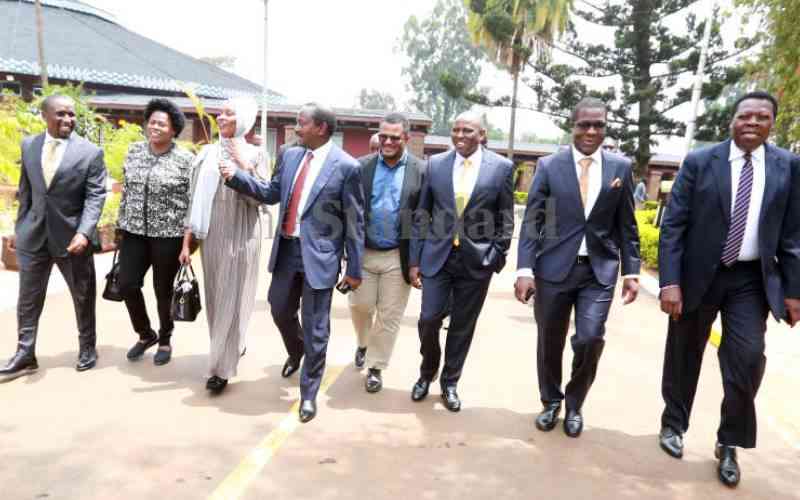×
The Standard e-Paper
Home To Bold Columnists

Agreeing to structured talks with the Raila Odinga-led opposition was the price President William Ruto had to pay for a ceasation of protests and the resulting calm he is currently enjoying.
If a petition challenging the ongoing bipartisan talks flops, President Ruto could end up reaping more than just peace and quiet.